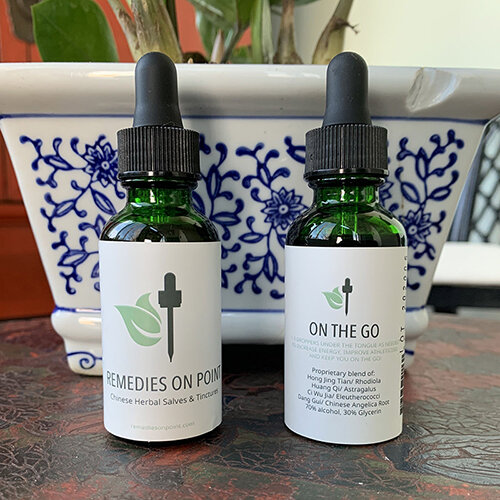While there are many Chinese herbs used in Traditional Chinese Medicine, Adaptagens, Ashwagandha and Black Cohosh are commonly prescribed. Still, how much do practitioners know about them and their benefits to overall wellness?
Ashwagandha Benefits
Ashwagandha, or in Chinese medicine known as Shiu Qie, is not often used in traditional Chinese herbal remedies. This may be because there are over 360 single herbs that we, Chinese Medical Students, are required to memorize for the herbal board exam and there are so many other herbs and herbal combinations that might be better suited for treatment. Possibly because it is more of an Ayurvedic medicinal herb that wasn’t used as much by the Chinese. Regardless, this is a good herb with healing properties.
Its properties are cooling and soothing on the liver. Additionally, it’s also an adaptogen which means it helps the body:
-
Adjust to stressors
-
Increase oxygen intake
-
Boost the immune system
-
Give your body an energy boost.
Benefits of Black Cohosh in TCM
Black Cohosh, or Chinese name Sheng Ma, is also a cooling herb that goes to the spleen, stomach, large intestine, and lung channels. Its main functions are to clear toxic heat and raise yang- think of raising yang as raising energy, increasing overall health, and wellness. Yin, in this case, can be thought of as more internal nourishment. Yin and Yang are always used comparably.
Often black cohosh is prescribed to women for excessive menstrual bleeding, especially perimenopausal women who tend to run warm. In this instance- think of raising yang would be like slowing excessive bleeding down, instead of gushing . . .
Taking Chinese Herbs the Right Way
Unlike the pharmaceutical commercial last night “ask your doctor if this is right for you,” Chinese herbs are rarely prescribed this way or by themselves. Most often herbs are a well thought out formula with a chief herb, deputy herb, assistant herb, and envoy. There can be more than one herb in each of these categories, and sometimes not all the roles are filled, but the herbs work together to address the issue. Sometimes when only one herb is given to a patient, that herb can seem to work for a while, but the effects fizzle out or can lead to the exact opposite issue because the herb needs help from the other herbs to create lasting effects.
I studied Chinese herbs for 3 years while in school for traditional Chinese medicine, and I continue to study herbs daily. I have created my own line of tinctures and salves to make formulas safe, effective, and accessible to all. Are they perfect for everyone? No. Can these tinctures be effective for acute, everyday issues? Yes! Should you consult a Chinese medical practitioner first for chronic issues? Yes!
Mixing Chinese Herbs in Tinctures
I have created an amazing tincture that I feel is better than ashwagandha and black cohosh. I call it “On The Go.” On The Go contains the following herbs: Hong Jing Tian ( Rhodiola), Huang Qi (astralages), Ci Wu Jia (Siberian ginseng), Dang Gui (angelica root). These four herbs are adaptogenic, immunostimulant, endocrinological, cardiovascular, anti-inflammatory, antioxidant, hematopoietic, and detox.
How Tinctures Cure the Body
In Chinese medicine terms, these are tonics and boost qi and blood. In plain terms, they boost the immune system, boost energy, help bodies adjust to altitude by increasing oxygen uptake, nourish the body, and helps to detox the body.
Due to the combination of these herbs, they work together to nourish the body without overly warming or cooling it so it can be safely taken every day. Check out my website for more information about all of my tinctures and salve, or book an appointment with me to learn more about herbs, acupuncture, and Chinese medicine.


